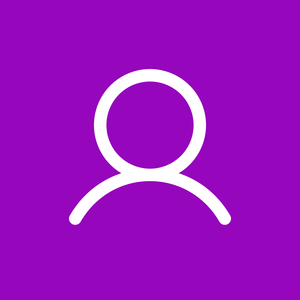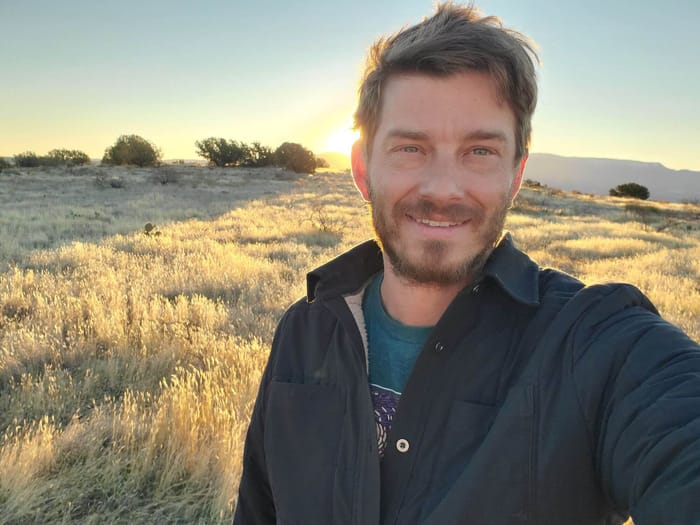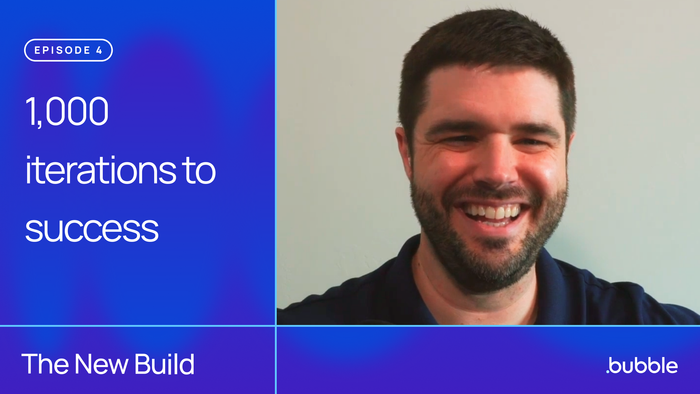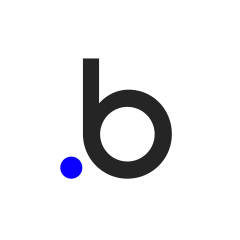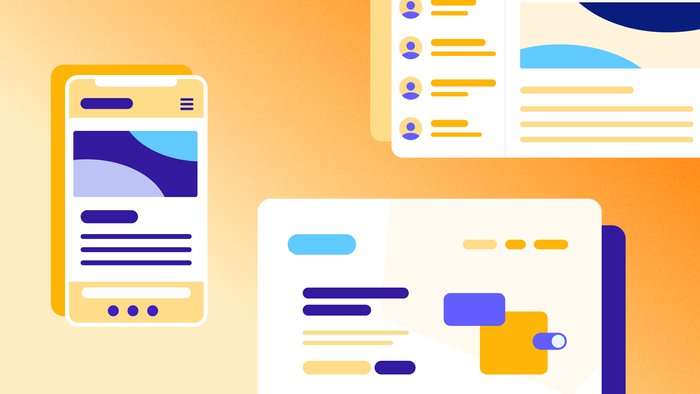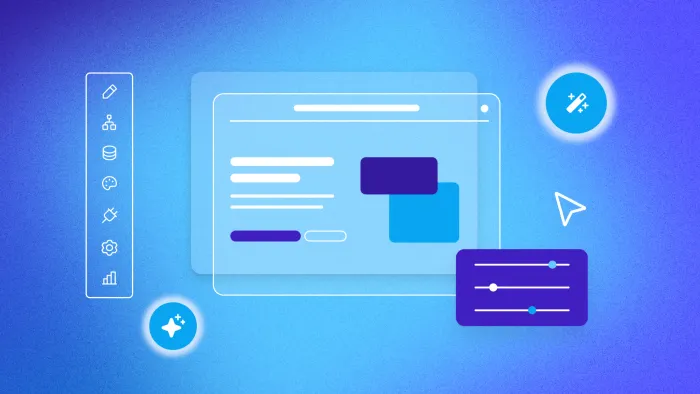Before discovering no-code, Ryan Badger held a wide variety of jobs, from shooting range construction worker to airline pilot. But it was at his role as CTO of a small startup that he first came across Bubble. Today, Ryan works as a Bubble creator and educator. We asked him about his experiences with no-code, and about his belief in the potential for no-code to improve our world.
Learn from experts like Ryan & join a No-Code Bootcamp today!
Tell us more about yourself.
I grew up near the Silicon Slopes in Utah. This unique landscape has provided me with the opportunity to enjoy the mountains and many activities made possible by this natural terrain. My bike is my favorite pastime and preferred mode of transportation – really any 2-wheeled machine makes me smile. When I'm not Bubbling, you can find me spending time hitting the trails or rock climbing. Last year, I adopted a sidekick rescue puppy and named him Maverick. We explore the West with a dirtbike, mountain bike, roadbike and camping gear in-tow, searching for new trails and warm weather.
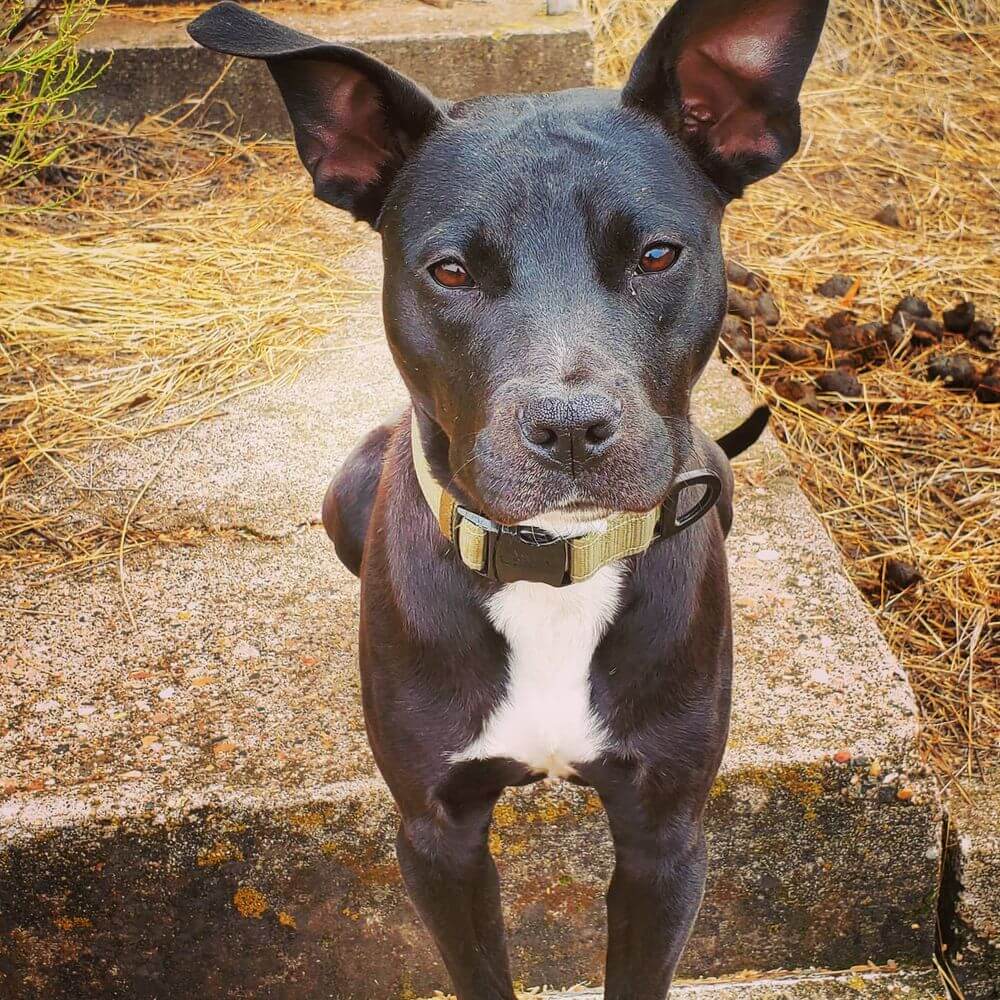
What was your life before no-code like?
I took a very non-traditional path, bouncing from school to various jobs until I had a tapestry of unique experiences behind me. Right out of high-school, I took a job in shooting range construction and assembly. They shipped me to Quantico, VA to assist with a big FBI shooting range and I spent the next year learning about my strengths and eventually becoming a project manager.
However, my longing for a piece of paper led me back to university, where I pursued a degree in Engineering. Engineering was really hard and I had a pilot's license in my back pocket. After a tough fall semester, I called a pilot friend of mine and caught him lounging on the beach in Jamaica. Six months later, I had dropped out of school and was flying for an airline. After a heroic circle-to-land in a blinding snowstorm in Telluride, I wound up back in school where I completed a Physics degree.
To pay the bills with a new wife and daughter, I took a job with Bluehost, a popular PHP hosting company. They saw impressive growth as I used my time to support their clients and learn many of the popular PHP platforms including Wordpress and Magento. This was over a decade ago, when it was still quite hard to deliver a functional website with a good mesh of features and usability, let alone mobile capability. We have seen remarkable improvements through innovation and abstraction since then.
Once I recognized the rub between digital dreamers and doers, I decided that I wanted to make a difference. This led me to pursue an MBA to help companies realize their digital aspirations through online experiences. Then I discovered Bubble—and my outlook changed completely.
How did you discover Bubble?
I've always been agnostic to the platform and just wanted to find the best solution. At the time, I had taken a CTO position for a small startup, and they had great ideas for interacting with their clientele and partners online. So my tech search began with some specific requirements in mind, since I needed to quickly deliver several online experiences: one for our customers, one for our brokers, one for our external repair techs, and one for our back-of-house logistics.
I came across many big, monolithic platforms with per user/per month pricing that just didn't seem to fit our small company. As a startup entrepreneur, you eat what you kill, so coughing up another few thousand a month in software subscriptions can be painful. So I kept looking.
I also came across many easy website builders and thought, "ah, this is the ticket. I can do it myself and get exactly the features I want without the burden of communicating everything to a design/build team." But I would quickly hit a dead end and couldn't get the right features.
Then I discovered Bubble.
Get experts like Ryan to help you with your startup. Join a No-Code Bootcamp.
Why did you choose to build with no-code?
I had seen the rise of Sketch as a popular prototyping tool and thought, "this idea is getting really close to being a functional site. I can design interfaces, craft the experience and even demo it to the sponsor and potential users." I've learned that if I've thought of an idea, so has someone else.
To my great amazement, some geniuses in New York had not only thought of it, they built it and I was a few clicks away from turning it on. Not only did they provide a very familiar prototyping interface with Bubble, they had thought of everything... I mean everything.
I used to spend hours helping clients set up their SSL - it was a checkbox in Bubble. I needed to pull in some API data - I thought, "ah, there's the rub," but to my delight, it was quite the opposite. Bubble has a very robust API connector and a rich library of add-ons. I quickly realized the potential and dove into building. I hunkered down in my sailboat on the Great Salt Lake, hitched up to the free harbor Wi-Fi and "coded" for days on end until my CEO had what he needed and our company had usable software at a fraction of the overhead and time it would have cost through past methods.
I'm a luminary in the Bubble space now and want the dreamers to be able to create amazing new online experiences for their users. I meet with a few of them every day.
Software evolution has gone through a phase of building do-it-all monoliths to a phase now where YOU can craft a bespoke solution that fits your audience.
I love learning about new ways people are connecting and new efficiencies in their businesses that have been achieved (or can be achieved) through Bubble using their no-code wizardry. I'm very thankful for the personal empowerment that this innovation has brought to software development.
What do you enjoy most about teaching Bootcamps?
My expertise is in problem solving. I get to interface with students excited to create. My learning style is very hands-on, so I try to cover the basics and then demonstrate how to achieve something useful. Over the many courses I have taught, I have seen learners gain the same epiphany I did. You get out what you put in, and those who put in the effort have created some really awesome platforms. Helping them go from zero to a functional platform within 8-weeks is very rewarding for me. I admire their ambition and respect their innate talent for online product creation that may not have been realized if traditional coding was the only option.
If you had one piece of advice to entrepreneurs, what would it be?
If you're going to learn Bubble (and I think you should) pick three projects and do them in this order:
- First, choose a project that allows you to learn. Something that isn't very hard but emphasizes the fundamentals so that you become familiar with the tool before you build your masterpiece.
- Next, build something fun. Something you aren't under the gun to deliver and truly enjoy building. Whether it's an online store selling rocks or a personal Facebook-like hub to connect your friends, the utility and monetization isn't as important as your devotion to create it.
- After you've dabbled enough to become comfortable, then tackle the masterpiece that will provide your audience with the next-level experience, transform your business, and automate your processes.
It's tempting to tackle something really difficult upfront, and I want students to do that, but don't forgo the learning process.
If you must, then hire a Bubble agency to do the development for you. Typically they can do it for about 1/4 the cost of a coded solution. As the product owner and sponsor, you can still be very engaged with the process and look behind the covers and put your signature on it. Now is by far the best time there has ever been to turn your UI/UX ideas into reality.
Want to learn more from experts like Ryan? Secure your spot in the next No-Code Bootcamp!
Build for as long as you want on the Free plan. Only upgrade when you're ready to launch.
Join Bubble